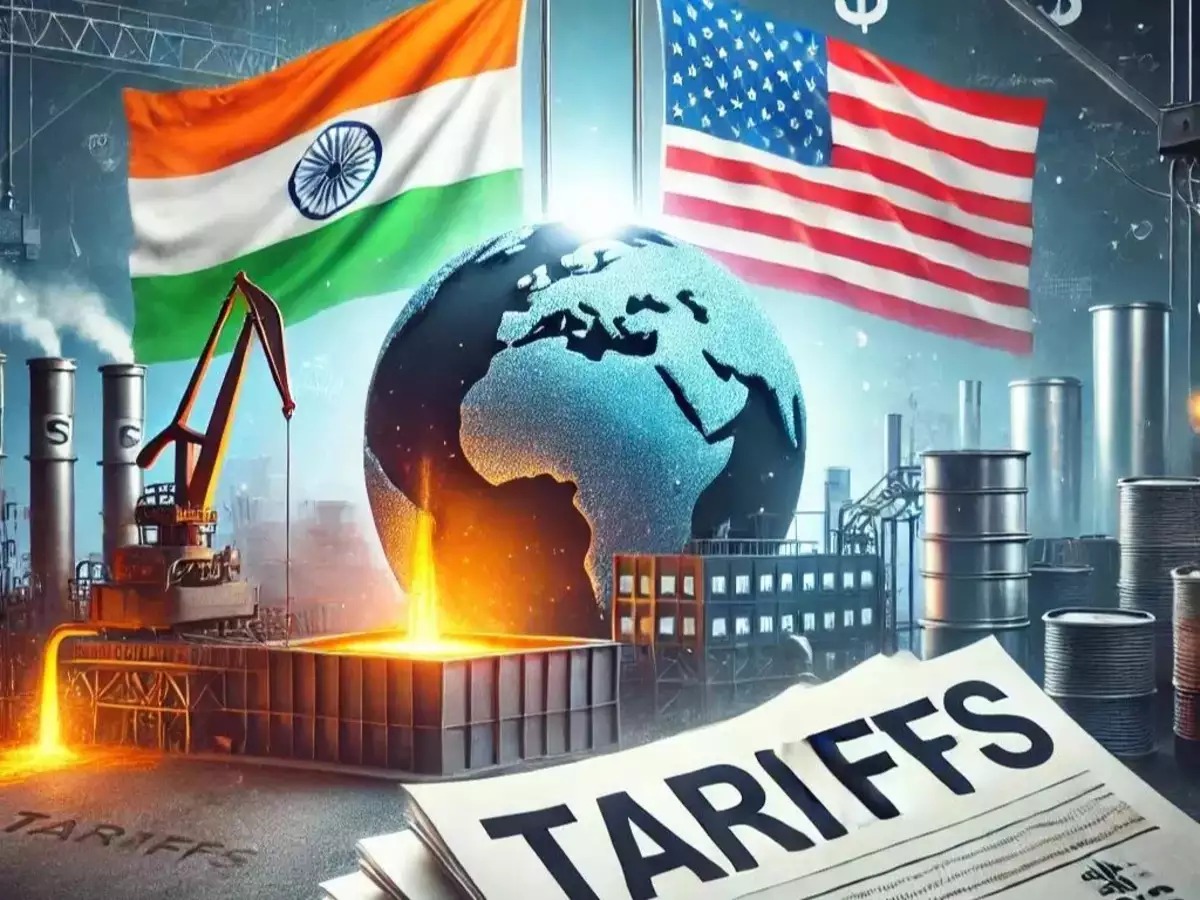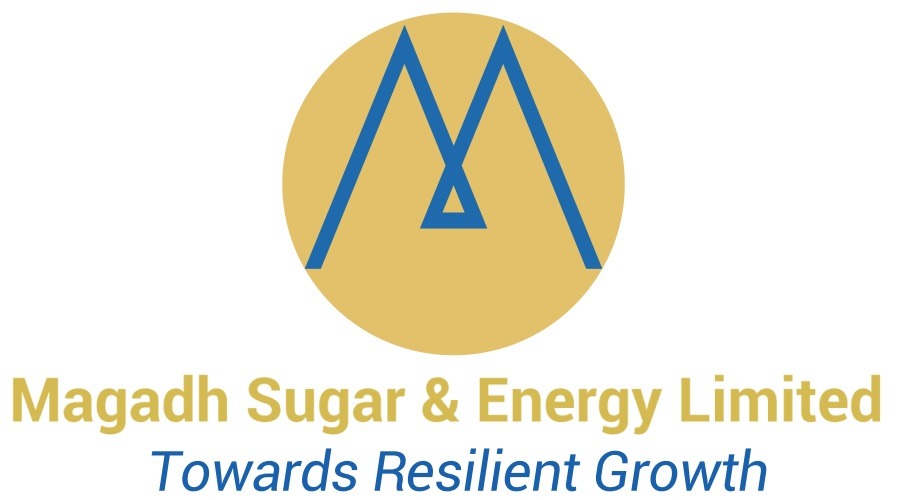
Follow WOWNEWS 24x7 on:
Updated: May 13, 2025 08:59

India has formally alerted the World Trade Organization (WTO) that it intends to impose retaliatory tariffs on several American products in a longstanding trade dispute set off by US tariffs on Indian aluminium and steel exports. The decision follows the US decision to renew its contentious tariffs-first levied in 2018-based on national security, a reason India disputes under world trade norms.
Key Highlights
India's planned retaliatory tariffs cover 29 US-origin items such as apples, almonds, pears, anti-freezing preparations, boric acid, and some iron and steel items.
The retaliatory move is meant to counter the estimated $1.91 billion a year in duties Indian exporters incur as a result of US tariffs on steel and aluminium, affecting $7.6 billion worth of Indian exports.
The US initially imposed these tariffs-25% on steel and 10% on aluminium-in March 2018, and has since repeatedly extended and modified them, most recently in February 2025, with the most recent round coming into force from March 12, 2025.
India contends that the US tariffs are, in effect, safeguard measures under WTO rules and therefore must be subject to formal notification and consultation procedures. The US insists, however, that the tariffs are national security measures under Section 232 of US trade law and hence outside WTO safeguard obligations.
India's notification to the WTO marks its intention to suspend concessions and other obligations to the US, with the right to modify the list of affected products and tariff rates as necessary.
The proposed retaliatory tariffs may come into force after a period of 30 days, unless a resolution is achieved through consultations or further negotiations.
This is not the first time India has considered such action; a similar list of retaliatory tariffs was previously prepared but suspended following bilateral talks.
The spat reflects deepening tensions in world trade, with India pushing to introduce more openness and accountability to actions it regards as protectionist and inimical to WTO principles. In case consultations are unsuccessful, India can move up the process by requesting the setting up of a WTO panel to settle the dispute.
Sources: Moneycontrol, Times of India, Times Now, Economic Times, NDTV Profit, Millennium Post



